Two sides disagree: Is electrical contracting business illegal?
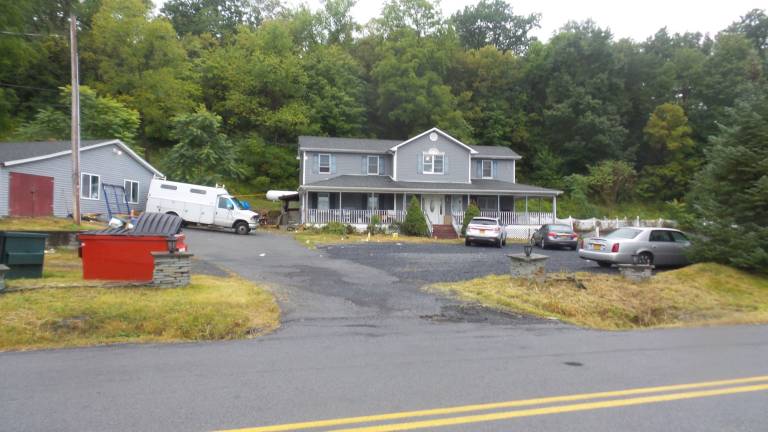
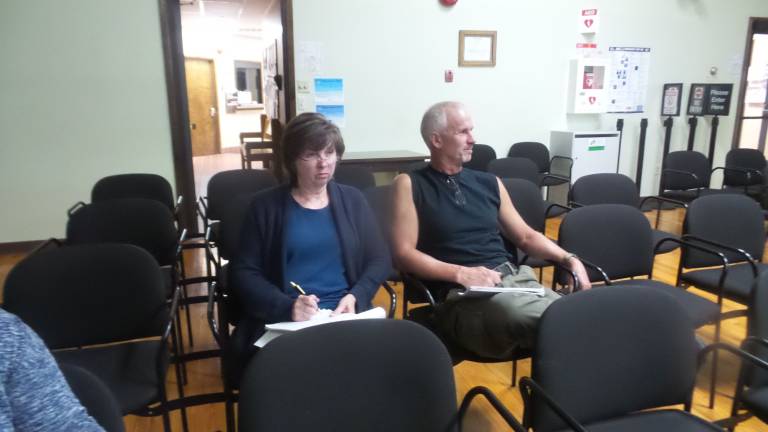
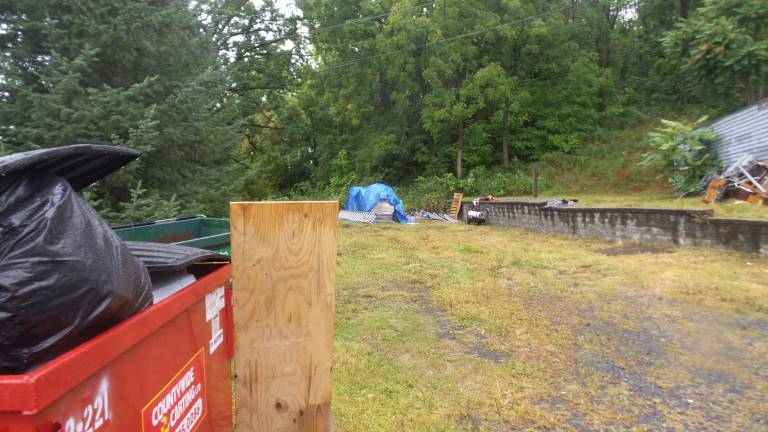
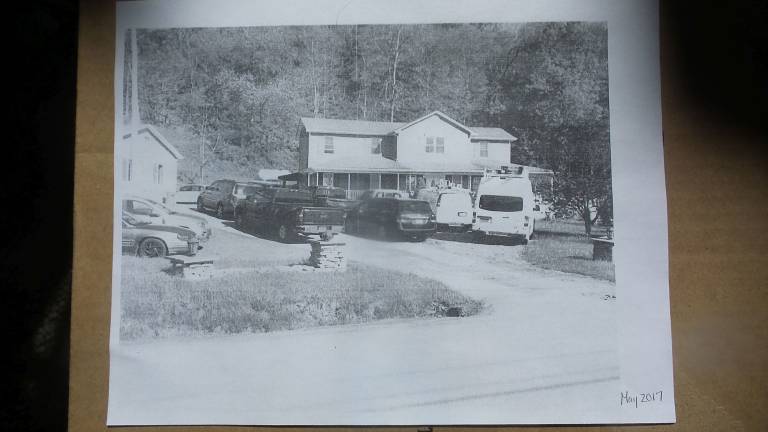
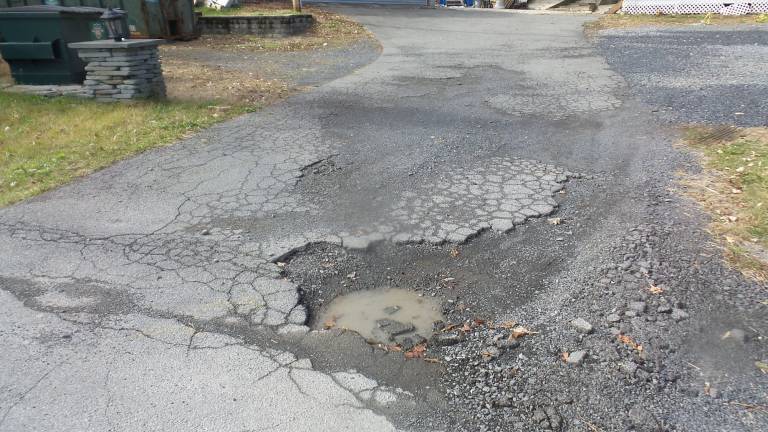
By Frances Ruth Harris
CHESTER — An application to establish an electrical contracting business in the Village of Chester has been getting blowback among critics who say it's there illegally.
Joel Werzberger's business, On Time Electric, is located at 191 Lehigh Avenue, which is now zoned for industry but had traditionally been a residential area. Neighbors have been complaining since at least the spring about trash and unshoveled snow at the property, excessive industrial noise, and too many vehicles coming and going.
Tom Becker asserted at two recent board meetings that the business was "illegally created" and "has no right to be referred to the planning board." The town should have issued a stop work order after the Zoning Board of Appeals denied Werzberger's request for a variance, he said. The business needs a variance because town code requires businesses to have five acres, and the site is only 1.2 acres.
"The minutes from the ZBA state that 191 Lehigh Avenue was purchased by Joel Werzberger (as) a residential home," said Becker.
Becker read an Aug. 31 letter from Jim Farr, a professional engineer who was recently appointed consultant building inspector. Farr's letter states: "On the dates in this letter the property was used as a residence, not a business."
Becker said that, for the business to be grandfathered in, it had to exist at the time of the zoning change. County records show the property has always been a residence, and that Werzberger purchased it as such, Becker said.
"Since Joel purchased this property, he has continued to do as he pleases and make changes to the property and run his business from there, even without any approvals and being denied by the ZBA," said Becker. "Now it is before the planning board. Why? It is certainly not grandfathered in."
Werzberger did not respond to several requests for comment.
Don Serotta, the planning board chair, referred The Chronicle to the building inspector about why enforcement has not taken place.
Farr, in response to complaints, said the business must submit a site plan to the planning board.
Town Supervisor Alex Jamieson said in an email that an applicant can go before the planning board, even after a ZBA rejection.
Farr, who works with the previous, now-retired building inspector, says in his August letter, "In my opinion, the structure and property are an existing non-conforming use in the zone and the property does not have to meet the area requirement."
Farr told The Chronicle that he didn’t care about the ZBA and is sticking with the determination he made in his letter.
Jamieson said two businesses, including a day care center, have operated at 191 Lehigh Avenue. But there is no record of them.
Cindy Becker said a business has never operated at the address in the 40 years she's lived nearby.
Tom and Cindy Becker, Michael Crean, Mary Russo and Gary Smith all submitted complaints to the building department. They also include the following concerns:
A parking lot, often occupied by many heavy trucks, was built over the septic system, with at least eight trucks stored there.
The septic system is not a true septic system, but "only a barrel buried in the ground," according to Tom Becker. Additional work done on the system has never been inspected, he said.
Jamieson: The board decidesJamieson said the decision ultimately rests with the planning board. He said in an email:
"I know there has many conversations regarding the property and how it got to where it is. I just want to be clear on a few things.
"The town board does not control or dictate how the zoning and planning boards function. The town board has no say on what moves forward and what doesn’t. That’s up to those other boards and the building inspector. We may have conversations, but the building inspector and the zoning and planning board chairman have the final say.
"Now the question that everyone keeps asking, is how if the zoning board rejected the area variance, how can they still be in front of the planning board? The answer is that any applicant regardless of how the zoning board voted, has the right to go in front of the planning board. At that time the planning board attorney can then advise the board the history of the property. The planning board can very well state that the zoning board denied the variance and they stand behind the decision. If the planning board attorney believes that a certain code in the town can override the decision of the zoning board, then the planning board can discuss that as well.
"Regardless of which direction the planning board decides, the decision is made by the planning board."